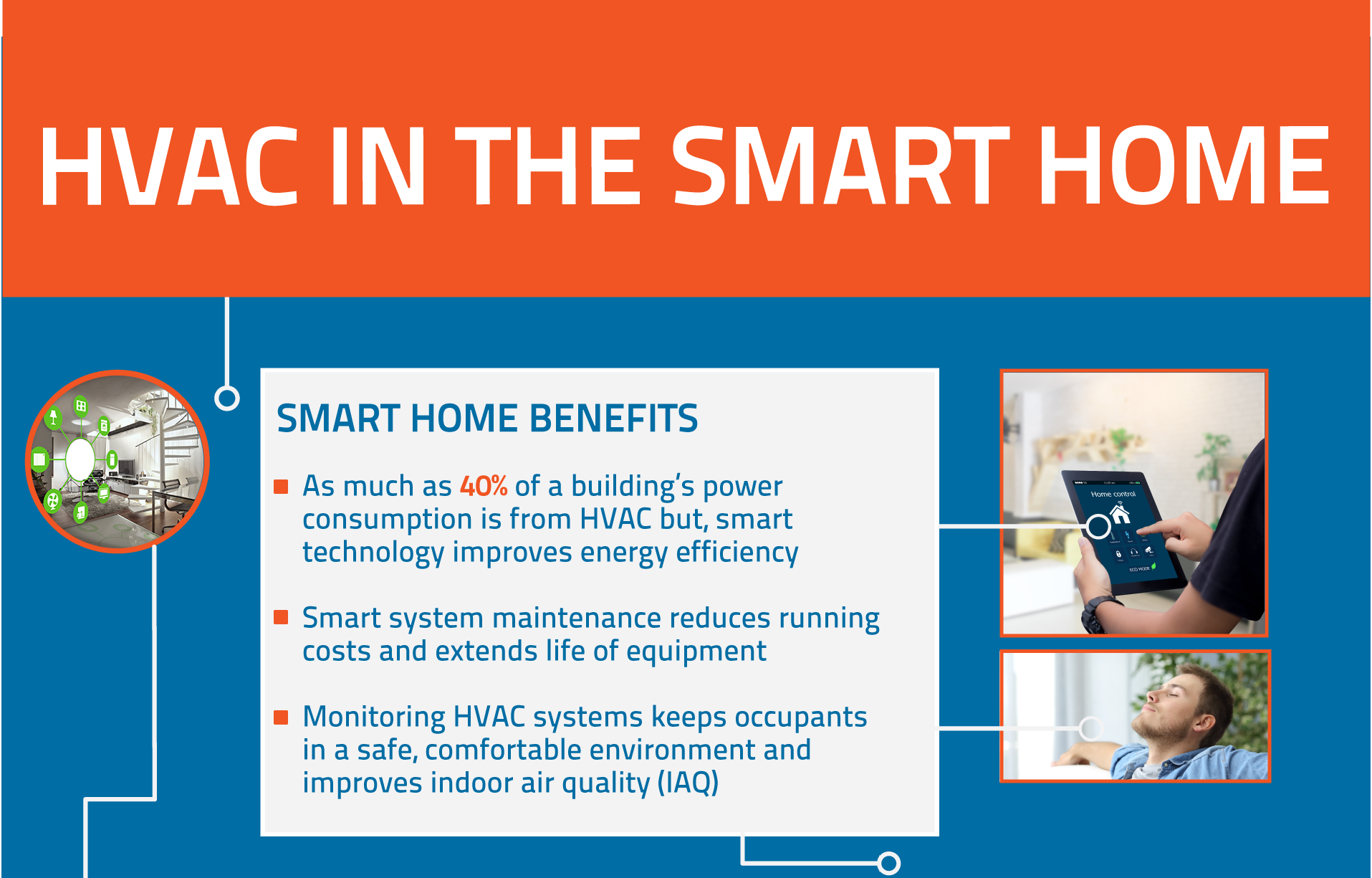Heatpump Vs Heater - Which Is The Better Home Heating Choice For Your Home?
Heatpump Vs Heater - Which Is The Better Home Heating Choice For Your Home?
Blog Article
Material Author-Pearson Neumann
Numerous homeowners know with heating systems, which warm homes with oil or gas and press hot air through ductwork. They are relatively inexpensive and can offer trustworthy home heating also throughout a winter months power interruption.
Nonetheless, who services heat pumps near me use fossil fuels and create carbon monoxide and other air pollution. They likewise aren't as energy-efficient as a high-efficiency heatpump.
Cost
Normally, heat pumps are a lot more economical to operate than heating systems. They normally use electricity and cooling agent to extract warmth from exterior air, and after that move it right into your home. You can make the most of less costly electricity rates during off-peak hours to even more reduce your home heating costs.
Unlike heat pumps, gas or wood-burning heaters make use of combustion to create warm, releasing flue gases right into the atmosphere that can be hazardous to your health and wellness. These heating systems are additionally less energy-efficient than heat pumps, and their higher operating expense can build up with time.
Heating systems are a lot more complicated than heat pumps and need normal maintenance to guarantee the proper function of all parts. Despite this, they tend to last longer than heatpump with a regular life expectancy of twenty years or even more. Nevertheless, you'll need to consider the cost of gas, fuel oil or timber and the added tools needed for installation and operation such as ducts and air flow systems.
you can look here have a greater energy performance rating than heaters. These systems use power to feed on warm from the air, even in freezing temperatures. They can also get rid of excess heat from the home during warmer months and recycle it to cool the system. Provider specialists can aid you identify the best design for your online on climate and resource power expenses.
Furnaces burn fuel oil, propane, natural gas or various other types of nonrenewable fuel source to heat up the air in the home. This air is then dispersed through ductwork using a big fan. https://mgybthug.z13.web.core.windows.net/dc-installation-services.html create greenhouse gases and require routine maintenance and devices upgrades to make certain secure operation.
The most significant benefit of a heater is that it can be run even in extreme wintertime problems because it does not rely on exterior temperature levels to heat the air. Furnaces additionally have a longer life expectancy than heatpump and normally last 15 years. They can also be coupled with dual fuel options, which select one of the most reliable heating option based upon the weather condition.
Environment
Heat pumps function well in modest climates and make use of less source energy than heating systems. However, if your region is incredibly chilly, you might need to invest in a common gas heater instead.
Heating systems provide cozy, relaxing heat and generally use fast home heating to increase interior temperatures. These systems can be utilized with a selection of fuel types, including natural gas, lp, oil or electrical power.
They take in more power than heat pumps-- approximately 3x as much-- and need ductwork that's costly to set up or retrofit. They're additionally more expensive to maintain, as they can cause air quality problems and generate greenhouse gas discharges.
If you're committed to reducing your carbon impact, a heat pump is a great option for your home. They have fewer greenhouse gas emissions than heating systems, especially if you pick a power CELEBRITY ® heat pump. Your local Service provider expert can discuss the distinctions between these two heating unit and help you make the most effective decision for your distinct demands.
Personal Preferences
Heaters can be extremely energy efficient when powered by natural gas, propane or oil, yet they aren't as power efficient as heat pumps in cold environments. They can additionally be a lot more costly to install, needing gas lines and air flow systems.
Nevertheless, heaters often tend to call for less upkeep, which can lead to reduced recurring costs. They produce less greenhouse gases and are a lot more trustworthy than heatpump during severe weather.
Electric heat pumps are more flexible in creating indoor convenience because they can likewise function as air conditioning system during warmer months. They can be easier to preserve, calling for only normal air filter changes and periodic vacuuming.
If you prefer the convenience of a single system that does it all, consider a crossbreed home heating solution that sets a furnace with an electric heat pump. These systems can automatically switch in between both home heating choices based upon your home's demands and temperature conditions, optimizing performance and savings.